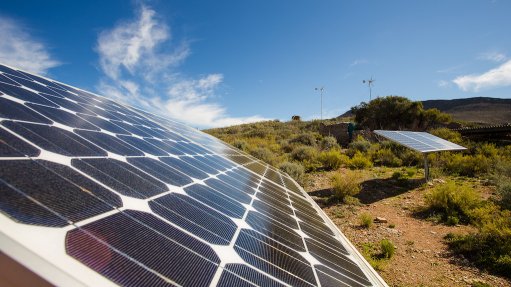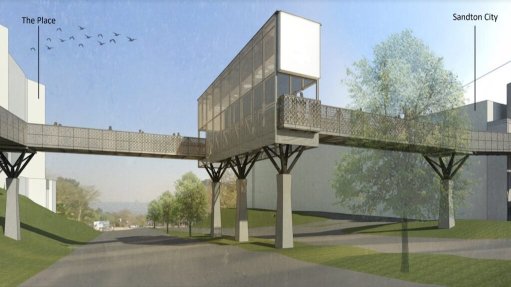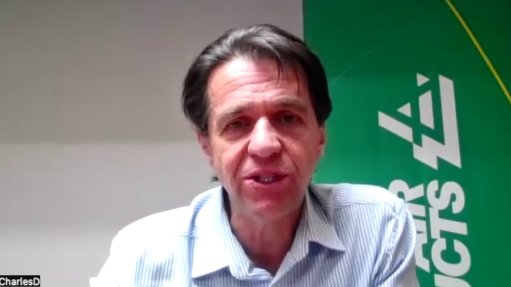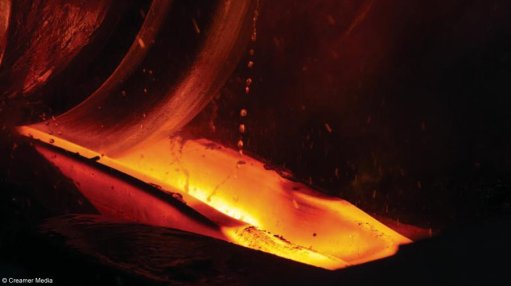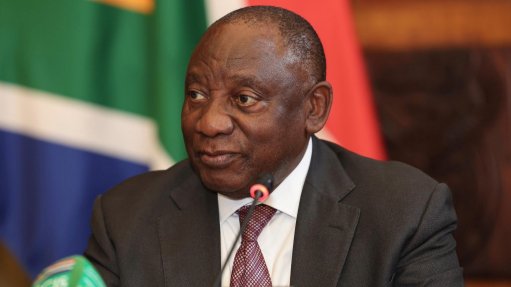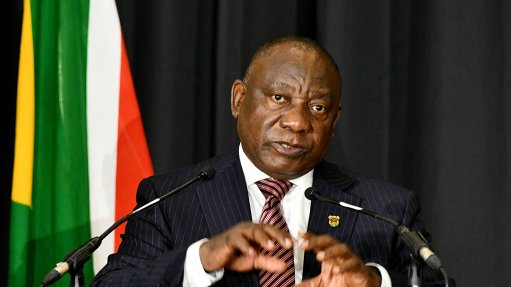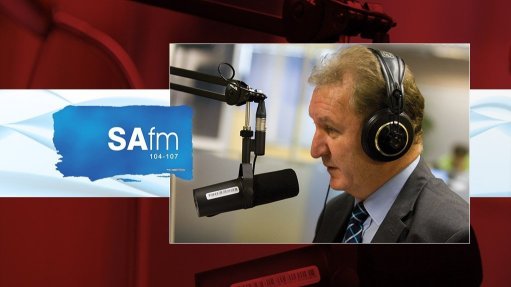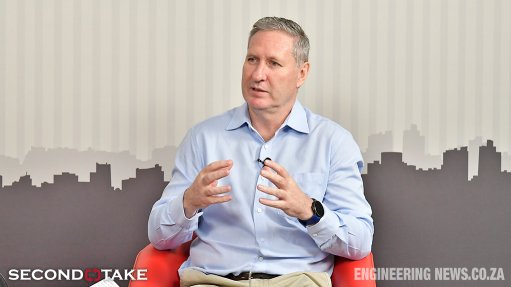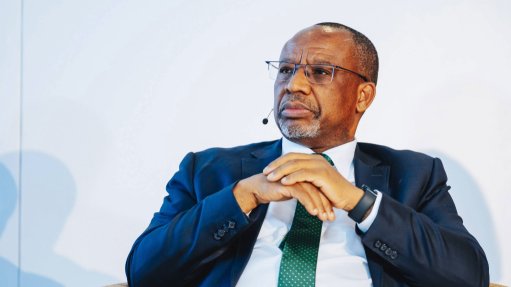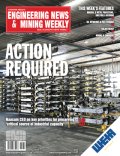Department close to clearing water-use licence applications pile
The Department of Water and Sanitation (DWS) aims to ensure that all water-use licence applications will be processed within a 90-day period by the end of the current financial year.
The department’s turnaround plan to reduce the timeframe for the issuing of water-use licences has resulted in an improvement, from 35% of applications being processed within 90 days to 70%.
A backlog of more than 1 000 applications has largely been eradicated, with no more than 100 applications currently taking longer than 90 days to process.
Over the past few years, it could take more than 300 days, and sometimes more than one year, to process and grant licences, which were often issued with onerous conditions.
According to the government-driven Operation Vulindlela, under which the turnaround programme falls, the delayed water-use licence application system had, for many years, constrained investment in key sectors.
Operation Vulindlela’s ‘Phase 1 Review: Progress in driving economic reform from 2020 to 2024’, states that an efficient and well-functioning water-use licence system is crucial to enable new investment in sectors such as mining, forestry, agriculture and manufacturing, while ensuring effective and sustainable management of South Africa’s water resources.
The reduction in timelines and clearing of the backlog was achieved by reengineering the water-use licence application business process, implementing standardised templates for water-use licence application conditions, developing a performance monitoring and escalation system and enhancing the electronic water-use licence application system.
These efforts form part of the department’s focus on ensuring South Africa’s water security by investing in additional national water resource infrastructure, building awareness of the need to use water sparingly and improving municipal water and sanitation services to ensure water security.
While many of the DWS’s projects have experienced significant delays, much progress has been made in unblocking and accelerating the delayed projects in recent years.
Across Gauteng and eThekwini, water supply disruptions have increased in recent years, with a shortage of water the underlying challenge, and water resource infrastructure projects planned to meet this growth had been delayed.
However, the projects have been recently unblocked.
The new Polihali dam and associated infrastructure, which is part of Phase II of the Lesotho Highlands Water Project (LHWP), was initially expected to be completed in 2019 to enable additional water to be supplied to the Integrated Vaal River System (IVRS), which is Gauteng’s main source of water.
While the start of the project was delayed by nine years, the project was unblocked, and all the main contracts were awarded in October 2022, with construction now fully under way and completion expected by 2028.
Meanwhile, the start of the uMkhomazi project, in KwaZulu-Natal, to supply additional water to eThekwini and surrounding municipalities, was also delayed by nine years, owing to concerns about its affordability in terms of the tariffs that would have to be charged to the residents of eThekwini.
The affordability challenge was resolved in 2023 with the approval by National the Treasury of an application by DWS, with the support of the Presidential Infrastructure Fund, for a blended finance solution for the funding of the project, which made the tariff more affordable.
Work has now started on the design of the dam and tunnel for the uMkhomazi project.
There are two of the 14 major national water resource infrastructure projects, valued at more than R100-billion, that are now in different stages of implementation across South Africa, including the raising of the wall of the Hazelmere dam in KwaZulu Natal, the construction Ntabelanga dam on the uMzimvubu river in the Eastern Cape, the raising of the wall of the Clanwilliam dam in the Western Cape, the Giyani water supply project in Limpopo and the Loskop regional bulk water supply project in Mpumalanga and Limpopo.
Comments
Press Office
Announcements
What's On
Subscribe to improve your user experience...
Option 1 (equivalent of R125 a month):
Receive a weekly copy of Creamer Media's Engineering News & Mining Weekly magazine
(print copy for those in South Africa and e-magazine for those outside of South Africa)
Receive daily email newsletters
Access to full search results
Access archive of magazine back copies
Access to Projects in Progress
Access to ONE Research Report of your choice in PDF format
Option 2 (equivalent of R375 a month):
All benefits from Option 1
PLUS
Access to Creamer Media's Research Channel Africa for ALL Research Reports, in PDF format, on various industrial and mining sectors
including Electricity; Water; Energy Transition; Hydrogen; Roads, Rail and Ports; Coal; Gold; Platinum; Battery Metals; etc.
Already a subscriber?
Forgotten your password?
Receive weekly copy of Creamer Media's Engineering News & Mining Weekly magazine (print copy for those in South Africa and e-magazine for those outside of South Africa)
➕
Recieve daily email newsletters
➕
Access to full search results
➕
Access archive of magazine back copies
➕
Access to Projects in Progress
➕
Access to ONE Research Report of your choice in PDF format
RESEARCH CHANNEL AFRICA
R4500 (equivalent of R375 a month)
SUBSCRIBEAll benefits from Option 1
➕
Access to Creamer Media's Research Channel Africa for ALL Research Reports on various industrial and mining sectors, in PDF format, including on:
Electricity
➕
Water
➕
Energy Transition
➕
Hydrogen
➕
Roads, Rail and Ports
➕
Coal
➕
Gold
➕
Platinum
➕
Battery Metals
➕
etc.
Receive all benefits from Option 1 or Option 2 delivered to numerous people at your company
➕
Multiple User names and Passwords for simultaneous log-ins
➕
Intranet integration access to all in your organisation






